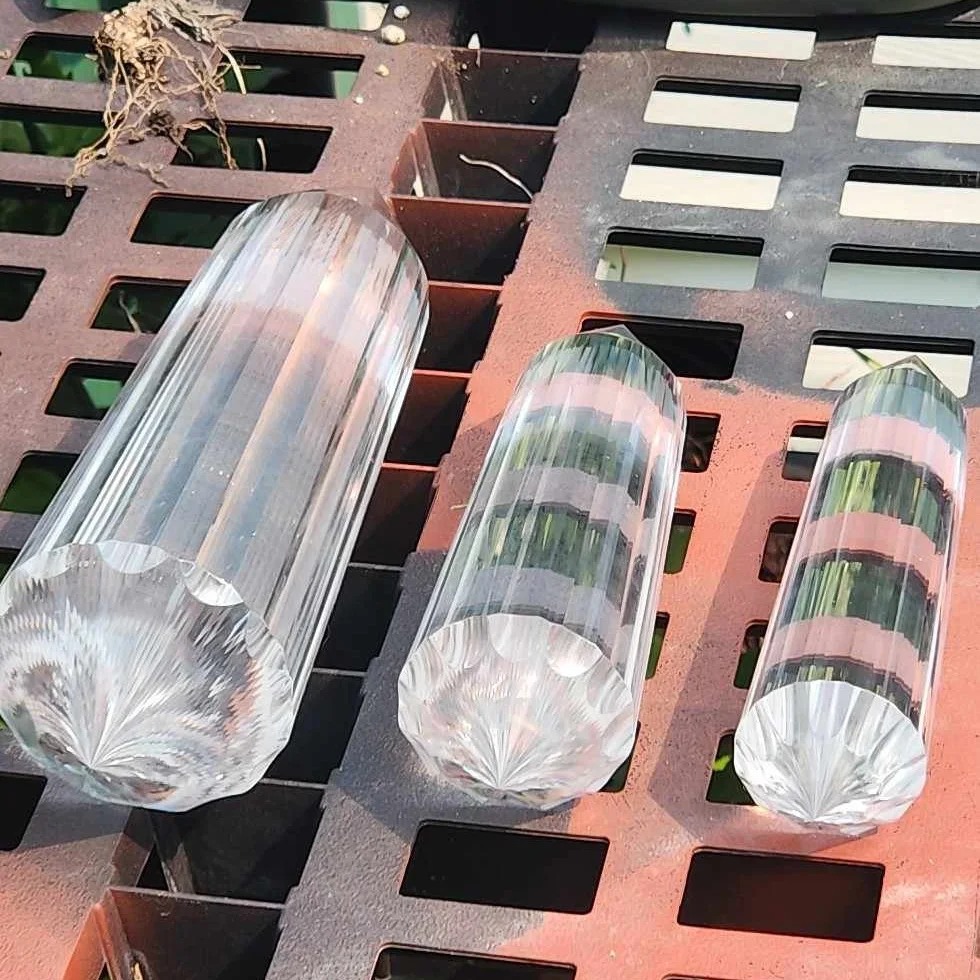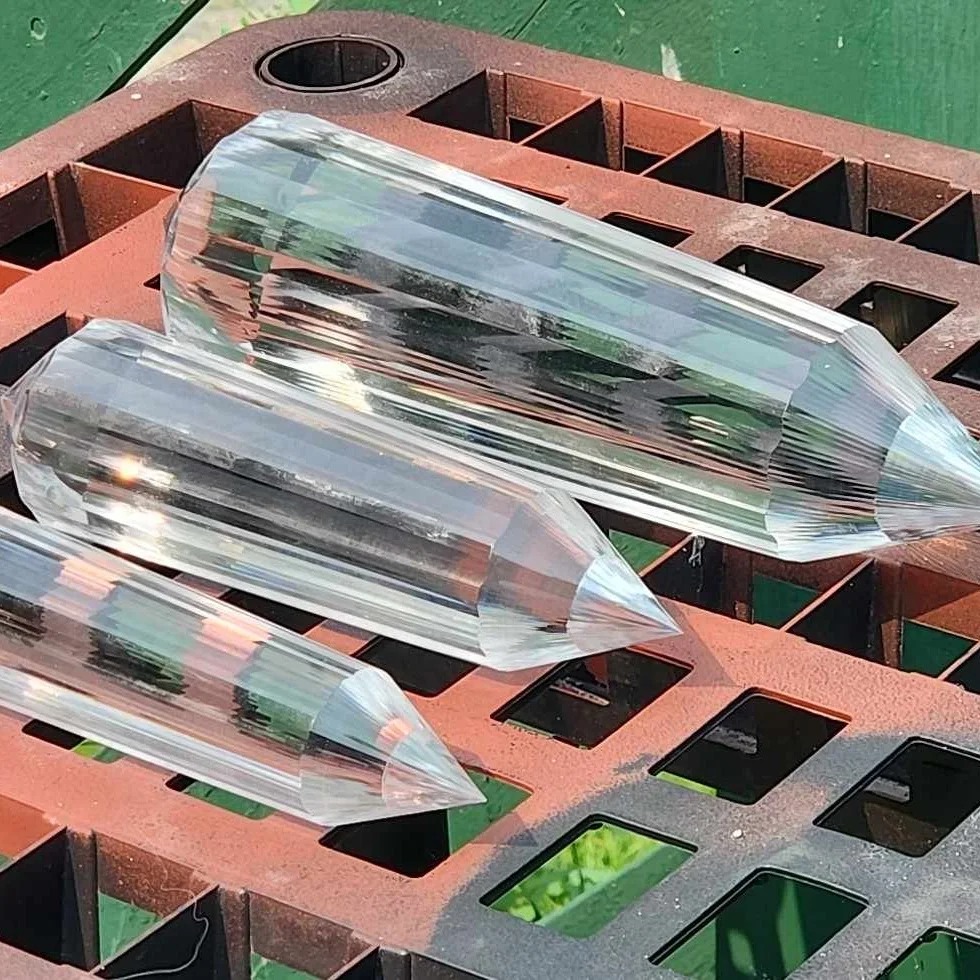Specialty Massage

Specialty Massage
Specialty massage goes beyond basic relaxation, offering a targeted approach that delves into your unique physical needs and wellness goals. Practitioners of specialty massage utilize various customized massage techniques to address specific areas of tension, aid in injury recovery, enhance athletic performance, or facilitate specific outcomes based on your individual circumstances.
What is Specialty Massage?
Specialty massage encompasses various techniques and approaches, including:
- Deep Tissue Massage: Focuses on deeper layers of muscle tissue, releasing chronic tension and adhesions.
- Sports Massage: Tailored to athletes for injury prevention, pre- and post-event training, and performance enhancement.
- Neuromuscular Therapy: Addresses specific trigger points and muscle imbalances, aiming to restore postural alignment.
- Prenatal Massage: Designed for pregnant women, providing support and relief for common pregnancy-related discomforts.
- Lymphatic Drainage Massage: Gentle techniques stimulate the lymphatic system for detoxification and swelling reduction.
- Myofascial Release: Focuses on releasing restrictions within the connective tissue (fascia) for improved mobility
How Can Specialty Massage Help You?
Seek out specialty massage if you’re facing:
- Chronic pain: Specialty massage can help to address the underlying causes of muscle pain, tension, and restricted mobility.
- Injuries: Accelerate healing and recovery from sport or activity-related injuries with targeted massage techniques.
- Stress Relief: While all massage promotes relaxation, specialty massage can address stress-induced muscle tension and stiffness.
- Limited Range of Motion: Specialty massage can release restrictions in muscles and connective tissue, improving flexibility and movement.
- Pregnancy Discomfort: Prenatal massage can provide relief from backaches, swelling, and other common pregnancy aches.
- Athletic Performance: Sports massage can optimize performance, reduce injury risk, and enhance recovery times for athletes.
What is Specialty Massage Good For?
Specialty massage offers benefits across various facets of your well-being:
- Pain Management: Techniques like deep tissue and neuromuscular work help alleviate both acute and chronic pain.
- Injury Rehabilitation: Can increase circulation, reduce inflammation, and support tissue regeneration during the recovery process.
- Stress Reduction: Provides the stress-reducing benefits of massage alongside targeted work on areas of chronic tension.
- Improved Posture: Releases muscle imbalances and postural strains that contribute to poor posture and alignment.
- Enhanced Athletic Performance: Sports massage techniques optimize flexibility, reduce muscle soreness, and promote efficient movement patterns.
- Boosted Immunity: Massage can support lymphatic drainage, improving the body’s ability to eliminate toxins and fight illness.
Benefits of Specialty Massage
Individuals experiencing specialty massage often report the following benefits:
- Reduced Physical Pain: Experience significant relief from pain conditions like back pain, muscle tension, headaches, and joint stiffness.
- Improved Mobility and Flexibility: Increased range of motion and flexibility due to the release of muscular and fascial restrictions.
- Faster Injury Recovery: Accelerated healing processes and decreased recovery time for various types of injuries.
- Stress Reduction and Relaxation: Deep relaxation through targeted tension release and general stress-reducing effects of touch.
- Enhanced Self-Awareness: Gain increased awareness of your body’s unique tension patterns and learn about self-care techniques.
- Improved Sleep: Experience better sleep patterns as pain and tension-induced insomnia are addressed.
What to Expect from Specialty Massage with a Practitioner
Each specialty massage session is tailored to your needs. Here’s a general outline:
- Consultation: Discuss your goals (pain management, relaxation, injury recovery) and any relevant health concerns.
- Assessment: The practitioner may assess posture, range of motion, or specific tender areas to customize the massage.
- Treatment: Expect specific techniques aimed at targeting identified areas, with pressure adjusted to your preference.
- Communication: Openly communicate about pressure needs and areas of discomfort throughout your specialty massage session.
- Aftercare: Receive advice on stretches, hydration, or other practices to enhance the benefits of your massage.
Similar Modalities to Specialty Massage
If interested in specialty massage, explore these complementary modalities:
- Physical Therapy: More comprehensive, exercise-based approach to rehabilitation, often combined with massage for enhanced outcomes.
- Foam Rolling and Self-Massage Tools: Can be used at home for continued maintenance and addressing tightness between sessions.
- Myofascial Release Therapy: A specialized manual therapy specifically targeting restrictions within the connective tissue (fascia).
- Trigger Point Therapy: Involves applying targeted pressure to specific muscle knots, complementing specialty massage techniques.
Final Thoughts
Specialty massage stands out as a powerful tool for personalized wellness. By addressing your specific needs, whether seeking pain relief, injury recovery, stress management, or athletic enhancement, specialty massage offers a targeted therapeutic solution. If a tailored approach to physical well-being resonates, prioritize finding a skilled practitioner and embark on your specialty massage journey for a healthier and more balanced you.
Scientific References
While more research is always beneficial, existing studies indicate the potential of massage therapy:
- Field, T. (2016). Massage therapy research review. Complementary Therapies in Clinical Practice, 24, 19-31. https://doi.org/10.1016/j.ctcp.2016.04.005
- Furlan AD, Giraldo M, Baskwill A, Irvin E, Imamura M. (2015). Massage for low-back pain. Cochrane Database of Systematic Reviews, 2015(9). Art. No.: CD001929. DOI: 10.1002/14651858.CD001929.pub3
- Calvert, P., Spence, H., & Whalen, J. (2013). Does massage therapy work? London: Hammersmith Press.
Recommended Reading
- Fritz, S. (2005). Mosby’s fundamentals of therapeutic massage (6th Ed.). St. Louis, MO: Elsevier.
- Benjamin, P. J., & Lamp, S. P. (2005). Understanding sports massage (2nd ed.). Champaign, IL: Human Kinetics.
- Calvert, P., Spence, H., & Whalen, J. (2013). Does massage therapy work? London: Hammersmith Press.
FAQ: Specialty Massage
How do I find a qualified specialty massage therapist?
Look for practitioners certified in the specific modality you seek (deep tissue, sports massage, etc.). Professional associations and online directories can offer resources.
Is specialty massage safe?
Specialty massage is generally safe for most people. It’s crucial to inform the practitioner of any health conditions or pregnancy.
Will specialty massage be painful?
Some techniques might induce mild discomfort as deep tissues are addressed. Openly communicate your pain tolerance with your practitioner.
How many specialty massage sessions do I need?
This depends on your goals. Chronic pain or injury rehab may necessitate more frequent sessions, while maintenance or stress relief may require less frequent visits.
Can specialty massage replace my medical treatments?
Specialty massage is complementary to medical care. It should not substitute for necessary medical diagnoses or treatments advised by a doctor.
Related Practitioners
Helena Fleming B.A., M.A. LIC I.S.H, RHOM
HOMEOPATHY & BIORESONANCE
- 3 Meadowbrook, Tulsk, Co. Roscommon, F45 FH97, Ireland
- (678) 210-5270
I am a homeopath and bioresonance practitioner with 27 years experience. I combine a classical approach to homeopathy with state-of-the-art… Read More





















